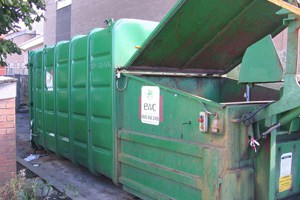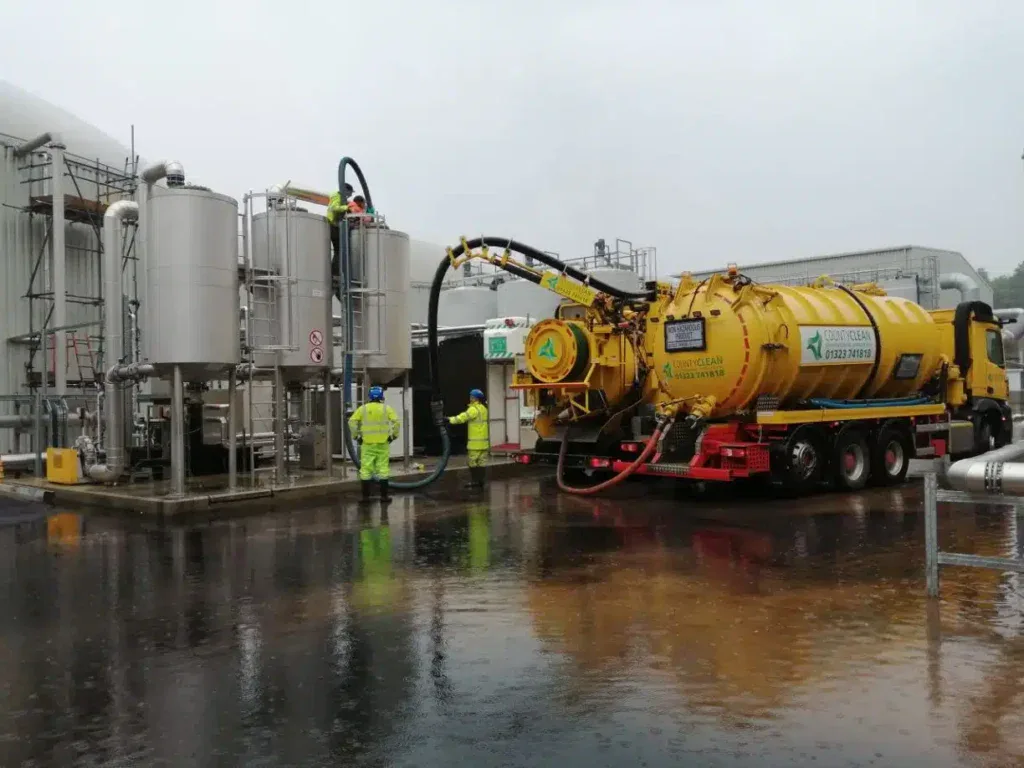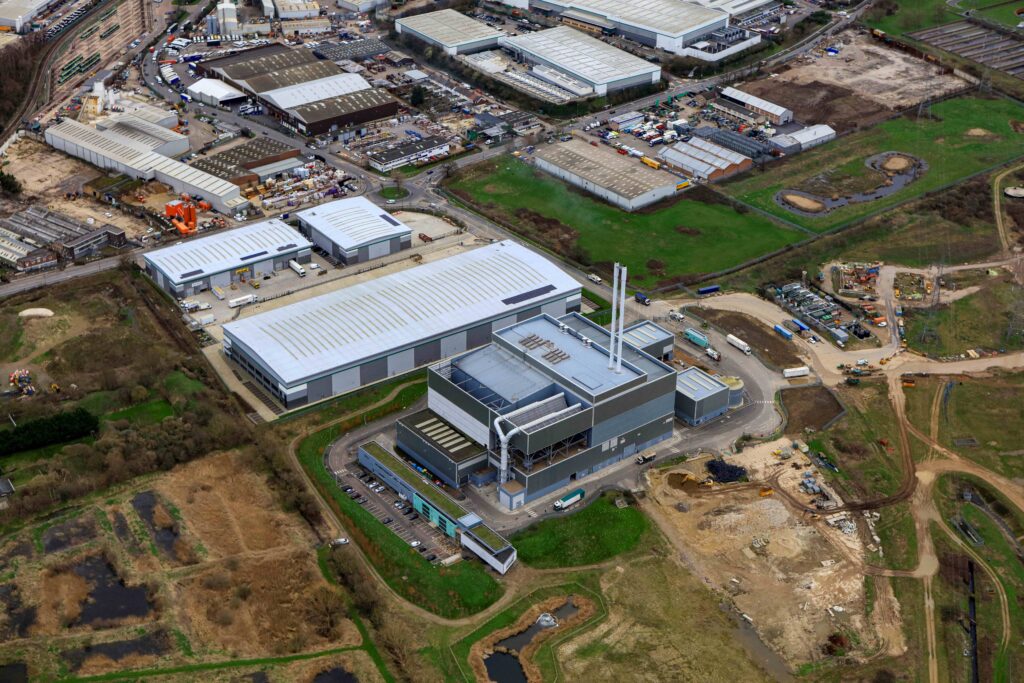Peter Bonomy’s neck was broken when the lid on the large metal container slammed down on him at the Royal Bolton Hospital in Farnworth in 2006.

Mr Bonomys employer ISS Mediclean Ltd was prosecuted by the Health and Safety Executive (HSE) after an investigation found the company had allowed porters to load the waste compactor in an unsafe manner.
Manchester Crown Court heard the 58-year-old from Little Lever in Bolton had been collecting waste cardboard from around the hospital on October 8 2006. He was found by a colleague with his head and arms under the lid of one of the compactors.
The investigation by the HSE concluded that the most likely explanation for Mr Bonomy’s death was that he leaned against a lever while leaning over the waste compactor, causing the lid to snap down.
Hearing
The manufacturer’s recommendations for the compactor stated that it should be loaded from the front, away from the controls, but the court was told it was standard practice for porters to load it from the side.
ISS Mediclean Ltd, part of the ISS group which employs more than 43,500 people around the world, pleaded guilty to breaching Section 2(1) of the Health and Safety at Work Act 1974 after failing to provide a safe system of work for its employees.
The company, based in Woking, Surrey was fined 175,000 and ordered to pay 42,000 in prosecution costs on 30 March 2012.
The company was unavailable for comment when contacted by letsrecycle.com.
Tragic
Speaking after the hearing, Rose Leese-Weller, HSE inspector, said: “This is a tragic case which led to the death of man who had only returned to work just over a year earlier following his wife’s death from cancer.
“Peter Bonomy’s employer, ISS Mediclean, should have done more to make sure he and his colleagues were using the waste compactors safely. The lids snapped down instantly when the levers were operated so he had no chance of getting out of the way.
“The industrial waste compactors clearly had the potential to put lives in danger so the company should have carried out a proper risk assessment to make sure its employees stayed safe.”







Subscribe for free